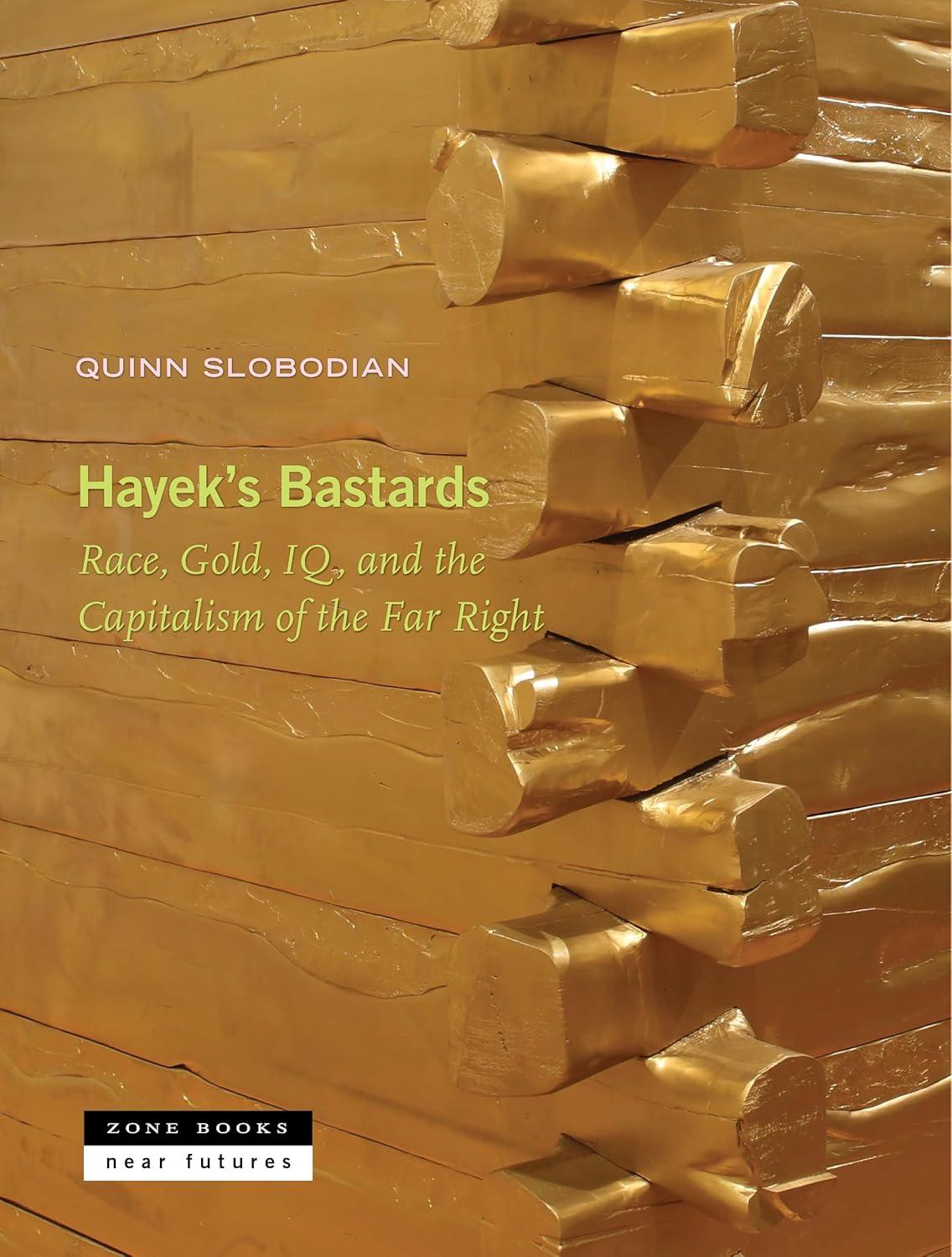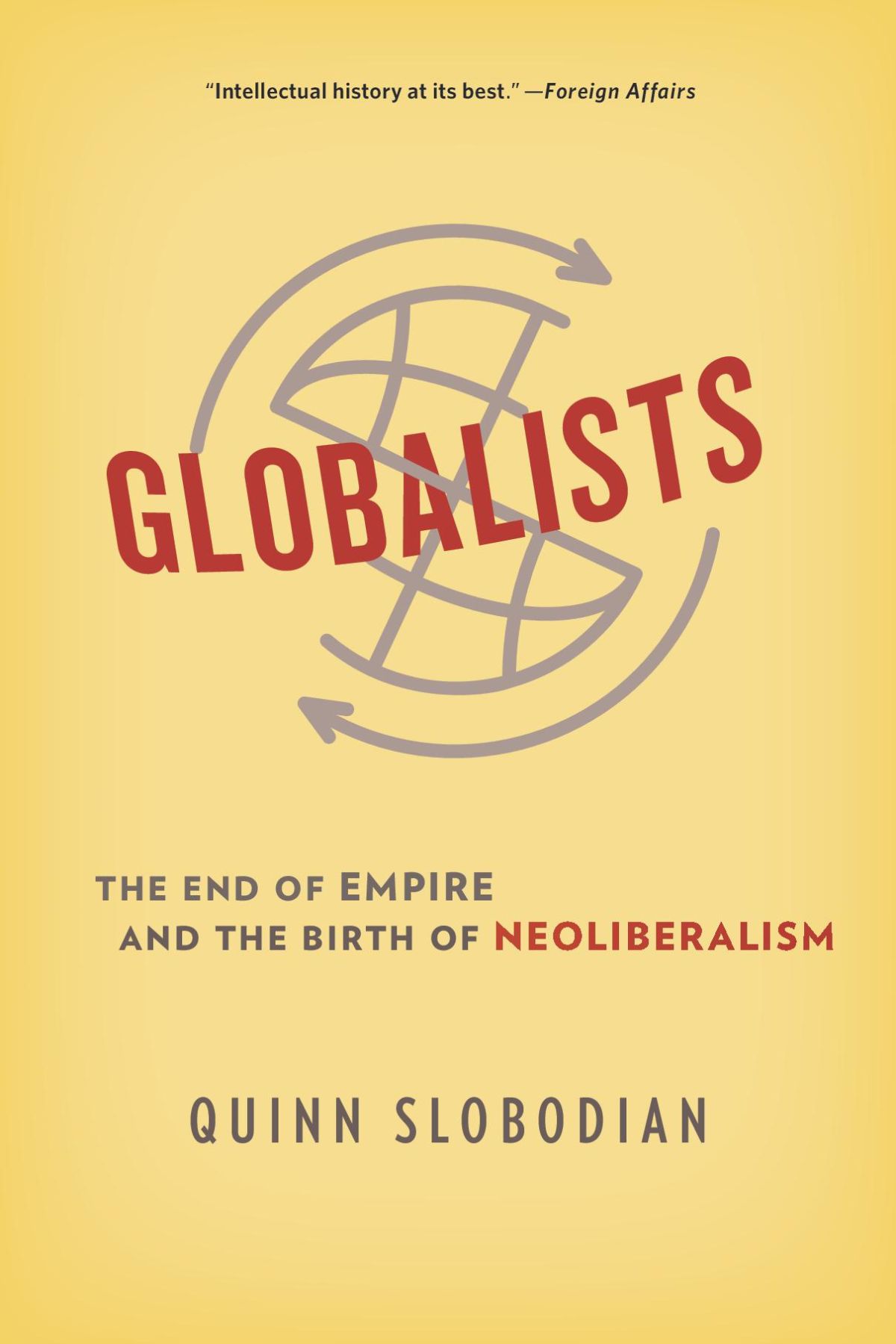James Duesterberg: I wanted to start by asking about the relation between the New Right and neoliberalism. One of the main thrusts of your argument is that despite, and even somewhat by way of, its claims to break from neoliberalism, the New Right actually arose out of an internal schism within neoliberal thought.
Does this mean that at its core there is there is a kind of ethnocentrism, or racism, in neoliberalism? There is obviously a centrist neoliberalism that understands itself to be quasi-progressive at the minimum, if not anti-racist then at least “non-racist.” So one way of posing this question is, does the rise of the New Right call the bluff of neoliberalism understood as a whole?
Quinn Slobodian: I first need to clarify that my method is quite doctrinal. I take an intellectual-history approach that narrows the category of neoliberalism to a group of individuals who have been gathering since the 1930s to talk about ways to safeguard capitalism from collectivist threats on the left and the right. If you use the category of neoliberalism as originally coined in 1938 in Paris by a group of economists, politicians, journalists and authors, including Friedrich Hayek and Ludwig von Mises, then you look for schisms and breaks within the intellectual community and work from inside out. This is different than thinking from the outside in about neoliberalism as a set of political and economic tendencies that can be summed up in one decade or another, according to dominant modes of accumulation, patterns of behavior, political idioms and so on. Neither is necessarily superior, but this is the approach I use.
The puzzle in my most recent book was a specific one. Around 2016 or 2017, we heard a lot about the “libertarian to alt-right pipeline.” Yet nobody explained why people mostly interested in economic freedom were drawn to people mostly interested in ethnic and racial purity. Why would they make common cause? My goal was not to try to unmask neoliberalism as a whole as having a dark, concealed essence of ethno-chauvinism or ethno-nationalism, but rather to show how the doctrine itself transforms as it faces different challenges in different moments. For reasons I lay out in the book, the 1990s were a time that an alliance with the far right looked promising for some within the neoliberal community.

